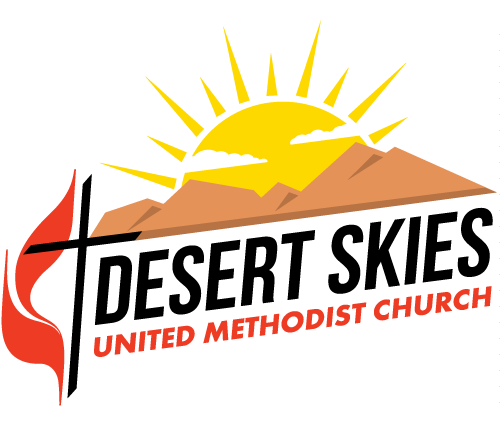Quick-Draw in the Parched Places: Agreeing to Disagree – February 16, 2020
Quick-Draw in the Parched Places: Agreeing to Disagree – February 16, 2020
Scripture: Isaiah 58:1-12
Then your light shall break forth like the dawn, and your healing shall spring up quickly; your vindicator shall go before you, the glory of the LORD shall be your rear guard. (Isaiah 58.8)
John Wesley coined the term “agree to disagree.”Numerous times, Wesley engaged in heated theological disputes with another renowned preacher named George Whitefield. Though they both debated intensely, Wesley reflected on their contrast in beliefs in a memorial sermon for Whitefield by saying: “There are many doctrines of a less essential nature. … In these, we may think and let think; we may ‘agree to disagree.’ But, meantime, let us hold fast the essentials. …” This appears to be the first documented use of the phrase. It was an indication of Wesley’s manner of sticking to his convictions while remaining in connection with those with whom he disagreed. What a gift we can bring to the table today.
